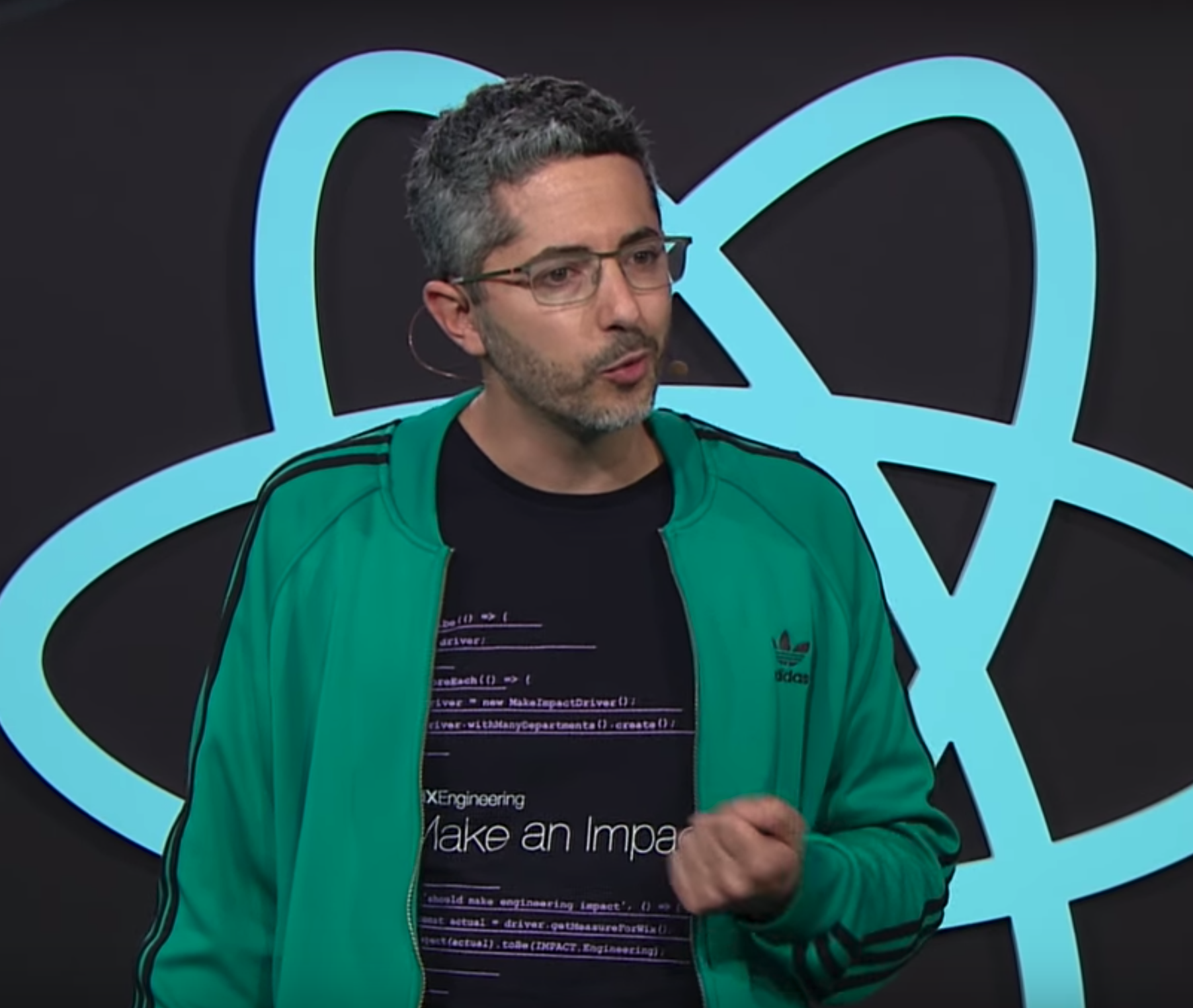Today marks the production launch of Orbs, a proof-of-stake, Ethereum-interoperable blockchain system cofounded by an Israel-based team including Tal Kol. Kol, the former head of engineering for the chat-centric digital token Kin, got us up to speed on a system that challenges some sacred cows as it pursues its overriding goal—enticing mainstream, established businesses to add blockchain tools to their product mix.
Orbs was born out of the disappointing end to Kol’s time at Kin. “As part of my work there, I wanted to build Orbs together with Kin. After about eight months, there was a decision inside Kin to [instead] fork Stellar, and that kind of ended the relationship. It was against my recommendation, so eventually I left.”
 Though Kin is no longer in the picture, it’s still a reference point for what he wants Orbs to become. “My biggest passion is to take real businesses and introduce them to blockchain—businesses who have apps that are actually working.” That’s exactly where successful messenger app Kik was when it launched Kin as a native payments and gamification token. The importance of catering to existing businesses is simple: building distributed applications from scratch, he says, just isn’t working right now. “The dapp revolution, I don’t see it coming in the next four or five years.”
Though Kin is no longer in the picture, it’s still a reference point for what he wants Orbs to become. “My biggest passion is to take real businesses and introduce them to blockchain—businesses who have apps that are actually working.” That’s exactly where successful messenger app Kik was when it launched Kin as a native payments and gamification token. The importance of catering to existing businesses is simple: building distributed applications from scratch, he says, just isn’t working right now. “The dapp revolution, I don’t see it coming in the next four or five years.”
Kol still sees messaging as a potential application for Orbs, but he’s open to a variety of use cases, including enterprise blockchain. He is clear about the importance of public blockchain, and the challenges of selling the proposition. “What you see in the market today, is that public blockchain isn’t that applicable to the mass market. Businesses don’t see the technology as that interesting. What I want to do is bring public blockchain technology to the mainstream, and that’s very difficult.”
Orbs has adopted the only credible model for scalable public blockchains—proof of stake—and added some wrinkles.
That’s in part, of course, because of scaling issues. Orbs has adopted a proof-of-stake consensus model, and added some wrinkles. For one thing, Orbs will use Ethereum as the voting system for selecting validator nodes, and an intermediary group of administrators known as Guardians.
“Usually a proof-of-stake voting process is executed on the network itself,” he says, “And that’s kind of like leaving the fox guarding the hen house. Imagine that you had a political election, and you had one of the leading parties actually operating the election process. You want someone independent to do it.” (Side note: this is exactly what appears to have happened in the U.S. state of Georgia recently). Otherwise, Kol says Orbs validator elections run “pretty much the exact same way” as for similar systems like EOS and Tezos.
The specific task of those validators may be the most unconventional thing about Orbs. Though plenty of “decentralized” blockchain nodes and services actually run on commercial remote hosts like Amazon Web Services, Orbs explicitly expects it. “They run over a traditional cloud—let’s say this validator likes to use Amazon, because it’s cheap,” says Kol. “Our system connects to this validator’s Amazon account, and it can actually spawn new virtual machines on Amazon as the demand for compute power increases.”
Though apps pay validators for network usage in Orbs’ native token, those validators will have to pay for their hosting in old-fashioned fiat. In return for that significant tradeoff, Orbs gets guaranteed scalability for hosted dapps (as long as everyone pays their AWS bills).
Orbs is introducing one other interesting wrinkle, by allowing smart contracts on the platform to include clauses for revision. “There is no code without bugs,” says Kol. “The answer for this is governance.” He says Orbs plans to build a library of this and other smart contract clauses that will be available for developers.
Orbs took a post-bubble route to funding, seeking private investors instead of performing an ICO. The company announced that it had raised $118 million as of last May, but in our conversation, Kol sought to downplay that official announcement.
 “I would not quote a number in dollars. Most of these funds are raised in Ether, and . . . it’s irresponsible in today’s volatile market to write a number in dollars.” He declined to provide more detailed numbers in ETH, but did say “the project is very well funded. It’s in the tens of millions of dollars . . . The pre-sale is an event in the past, it’s not super interesting.”
“I would not quote a number in dollars. Most of these funds are raised in Ether, and . . . it’s irresponsible in today’s volatile market to write a number in dollars.” He declined to provide more detailed numbers in ETH, but did say “the project is very well funded. It’s in the tens of millions of dollars . . . The pre-sale is an event in the past, it’s not super interesting.”
Kol says the investments came from “a few dozen big, strategic partners,” but most of those are not public. Some investments came through iAngels, something akin to an Israeli AngelList. BREAKERMAG can also reveal another Orbs investor that has not been reported elsewhere, the venture fund 21Mcapital. Orbs has raised follow-on funding from Kakao, the Asian mobile messaging firm, raising the possibility of a strategic collaboration that would draw on Kol’s experience with Kin.
Those interested in using (or speculating on) Orbs tokens will have to get them from those early investors, according to Kol. He says the company itself does “not have a pool that we plan on selling to fund the project . . . the project is funded. The [investor] tokens will be distributed with the launch, and from that point on, Orbs will be traded.”
